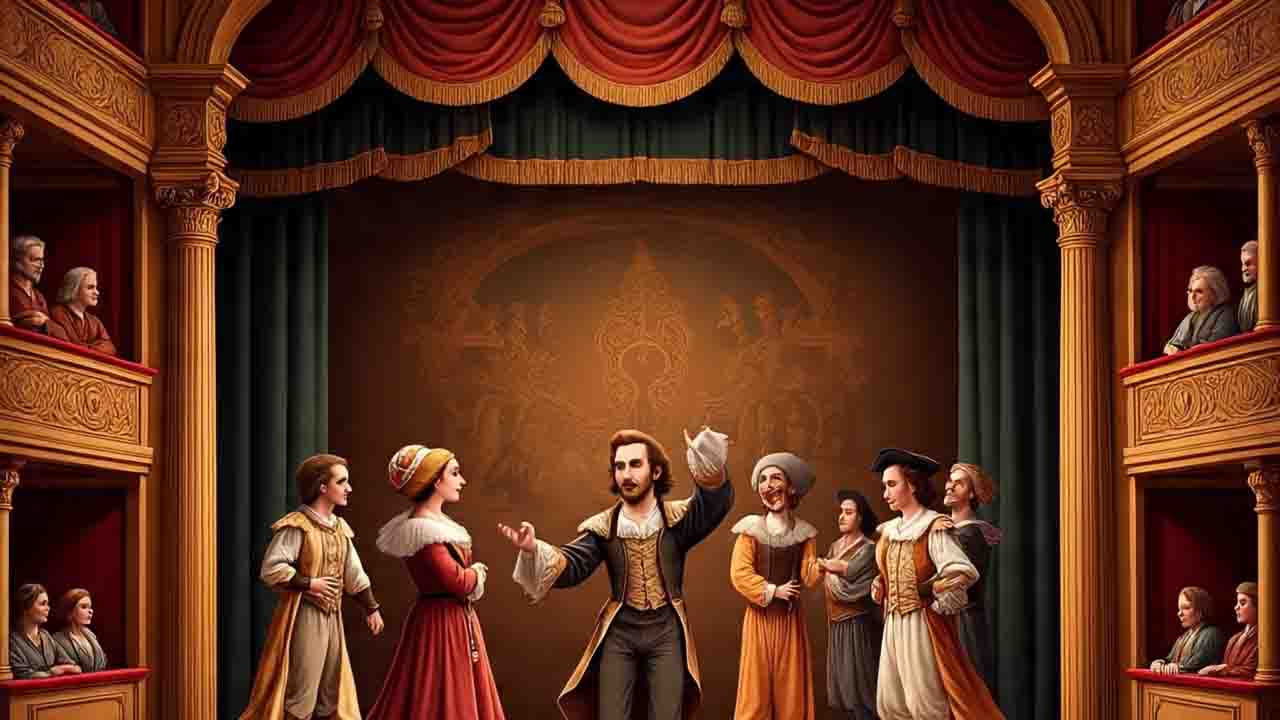
Upstartcrowthecomedy – Sharp Tongues and Smiles open the spotlight on a fascinating paradox in Elizabethan theater: the blend of sharp wit and humor amid intense rivalries. The “Battle of Words” series dramatizes the infamous literary and theatrical feuds of the period, highlighting how verbal dexterity was both a weapon and a performance. Actors and playwrights often used clever insults, pointed commentary, and exaggerated arrogance to establish dominance in the competitive world of Elizabethan entertainment. This combination of intellectual agility and humor allowed them to captivate audiences while subtly undermining opponents. The series captures this delicate balance through detailed scripting and historically inspired dialogue, giving viewers a window into a time when words could cut as sharply as any sword.
“Human Creativity on the Rise: Freelance Writers Are More”
Sharp Tongues and Smiles are brought vividly to life through Mark Heap’s portrayal of Robert Greene. Heap’s performance emphasizes Greene’s pompous arrogance and relentless sharpness, transforming potentially bitter exchanges into moments of comedic brilliance. By infusing humor into hostility, Heap demonstrates how wit served multiple purposes: entertaining audiences. Asserting social and professional superiority, and showcasing verbal artistry. The theatricality of Greene’s interactions illustrates a wider cultural truth: in Elizabethan times, the ability to deliver a clever retort with timing and flair was a mark of intelligence and creativity. This duality of humor and hostility not only entertained but also elevated the perceived skill of the performer in the eyes of peers and patrons alike.
Sharp Tongues and Smiles also reveal how humor was essential for survival in a cutthroat theatrical landscape. Elizabethan theater was notoriously competitive, with playwrights, actors, and patrons vying for recognition and success. In this context, wit became a social currency an art form that could protect reputations, secure alliances, and destabilize rivals. The “Battle of Words” series highlights the intricate strategies behind these verbal duels. Showing that laughter and derision were more than entertainment they were tools for negotiation, persuasion, and influence. By blending sharp critique with comedic timing. Performers navigated the pressures of public scrutiny while leaving lasting impressions on audiences and critics alike.
“Vietnam Bold Leap: Becoming the New Tiger of Asia by 2045”
This website uses cookies.